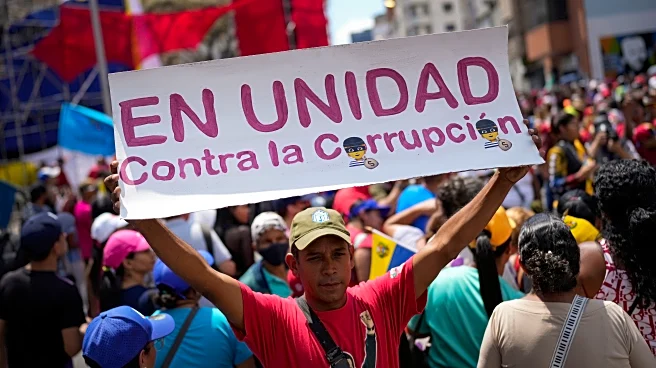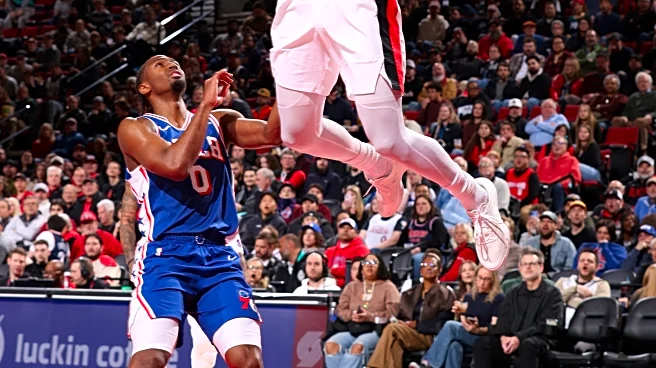What's Happening?
A former FBI assistant director has criticized the Bureau for missing multiple opportunities to prevent Thomas Crooks from attempting to assassinate President Trump. Crooks, who had previously expressed
admiration for Trump, shifted dramatically to making extremist threats online. Despite his digital footprint, the FBI failed to act before Crooks opened fire at a rally in Butler, Pennsylvania. The criticism highlights concerns about the FBI's handling of threats and the influence of foreign entities in radicalizing individuals online.
Why It's Important?
The criticism of the FBI's handling of the Thomas Crooks case raises questions about the agency's ability to monitor and respond to threats against public figures. The incident underscores the potential for online radicalization to lead to real-world violence, with implications for national security. The case also highlights the need for improved transparency and public engagement in investigations to prevent conspiracy theories and misinformation. The role of foreign entities in potentially inciting violence through online platforms is a growing concern for U.S. security agencies.
What's Next?
The FBI is urged to release all files related to the Crooks investigation to improve transparency and public understanding of the threats posed by online radicalization. The agency is also called upon to enhance its monitoring of extremist content on social media to prevent similar incidents. The case may lead to increased scrutiny of the FBI's procedures and calls for reform in how threats are assessed and addressed.











